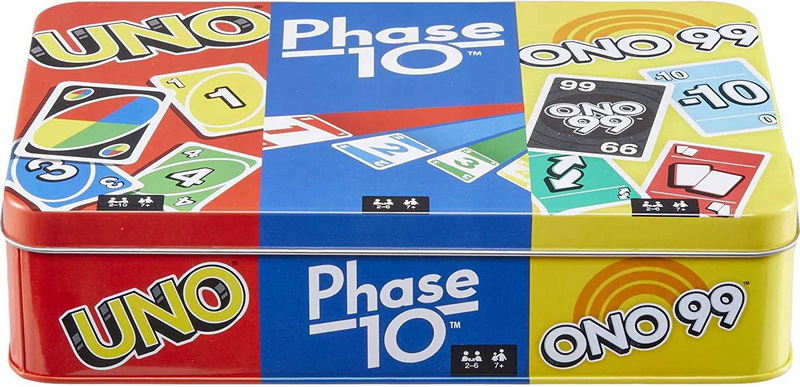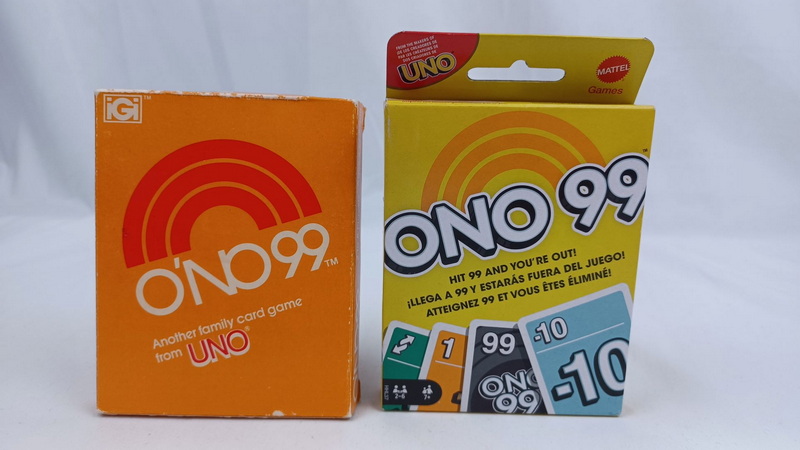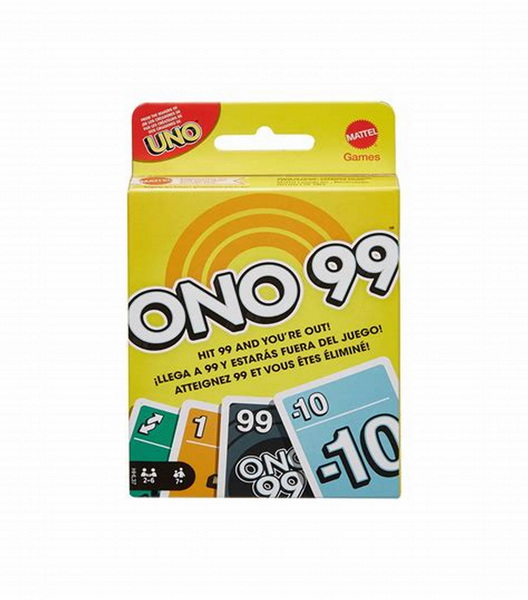Content Menu
● Introduction
● Overview of the Game
>> Objective
>> Players
>> Materials Needed
● Game Setup
>> Dealing Cards
>> Starting Play
● Card Values
● How to Play
>> Playing a Turn
>> Ending a Round
● Strategies for Success
>> Card Management
>> Observing Opponents
>> Timing Your Plays
● Variations of 99
>> Chicago Variation
>> Hawaii Variation
>> Icelandic Variation
>> Michigan Variation
>> Taiwanese Variation
● Tips for Beginners
● Conclusion
● Frequently Asked Questions (FAQs)
>> 1. What happens if I play a King when the total is already at 99?
>> 2. Can I play multiple cards in one turn?
>> 3. How do I win at 99?
>> 4. Can I change my mind after announcing my card's value?
>> 5. Are there any specific strategies for beginners?
● Citations:
Introduction
The card game 99 is a popular and engaging game that combines elements of strategy, chance, and social interaction. It is suitable for players of all ages and can be played with a standard deck of cards. The objective of the game is to avoid causing the total value of the cards played to exceed 99. This article will provide a comprehensive guide on how to play 99, including the rules, strategies, variations, and tips for mastering the game.

Overview of the Game
Objective
The primary goal in 99 is to keep the running total of cards played below 99. If a player causes the total to exceed this number, they lose a token or item, and the round ends. The last player remaining with tokens wins the game.
Players
99 can be played by 2 to 10 players, although it is most enjoyable with 3 to 6 players. The game is flexible and can accommodate larger groups by using multiple decks of cards.
Materials Needed
- A standard 52-card deck (no jokers)
- Tokens (such as coins, chips, or any small items) – typically three per player
- A flat surface for play
Game Setup
Dealing Cards
1. Shuffle the deck thoroughly.
2. Deal three cards to each player face down.
3. Place the remaining cards face down in the center as a draw pile.
Starting Play
- The player to the left of the dealer starts the game by playing one card from their hand.
- Players take turns in a clockwise direction.
Card Values
Understanding card values is crucial for gameplay:
- Number Cards (2-10): Worth their face value.
- Ace: Can be worth either 1 or 11 points (the player chooses).
- King: Sets the total to 99.
- Queen & Jack: Worth 10 points.
- 10: Subtracts 10 from the total.
- 4: Reverses the direction of play but does not change the total.
- 9: Acts as a pass and does not change the total.
How to Play
Playing a Turn
1. On their turn, a player plays one card from their hand and announces the new total after adding its value to the current total.
2. After playing a card, they draw a new card from the draw pile to maintain three cards in hand.
3. If a player cannot play without exceeding 99, they must lay down their hand and lose one token.
Ending a Round
A round ends when:
- A player causes the total to exceed 99.
- All players have played their cards without exceeding 99.
The player who exceeds 99 loses one token. If a player loses all their tokens, they are out of the game.

Strategies for Success
To excel at 99, players should consider various strategies:
Card Management
- Hold onto low-value cards: Keeping cards like 4s and 9s can help you avoid going over 99.
- Utilize high-value cards wisely: Save cards like Kings for critical moments when you need to reset or maintain control over the total.
Observing Opponents
Pay attention to your opponents' plays and try to predict their hands based on their actions. This can help you decide when to play aggressively or conservatively.
Timing Your Plays
Timing is essential in 99. If you have a King or another high-value card, consider when it would be most beneficial to play it—either to reset the total or catch an opponent off guard.
Variations of 99
There are several popular variations of 99 that add unique twists to gameplay:
Chicago Variation
In this version:
- A 9 counts as zero and skips the next player's turn.
- A 10 subtracts ten from the total.
- A King sets the total directly to 99.
Hawaii Variation
This variation introduces:
- A 5 that subtracts five from the total.
- A 10 that can either subtract or add ten points.
- A Jack, which counts as 99 regardless of previous totals.
Icelandic Variation
Features include:
- An Ace valued at either 1 or 14 points.
- A 4, which reverses play but does not change totals.
- A 9, which counts as an automatic win if played at certain times.
Michigan Variation
In this version:
- Players can lay down three of a kind, forcing others to fold tokens.
- If someone cannot play due to reaching exactly 99, that player drops out.
Taiwanese Variation
This variant includes:
- Five cards dealt instead of three.
- Unique values for specific cards that can alter gameplay significantly.
Tips for Beginners
1. Familiarize Yourself with Card Values: Understanding how each card affects gameplay is essential for making strategic decisions.
2. Practice Makes Perfect: Like many games, practice helps improve your skills and understanding of strategies over time.
3. Stay Calm Under Pressure: As totals approach 99, maintaining composure will help you make better decisions.
Conclusion
Playing 99 is not only about luck but also involves strategic thinking and careful planning. By understanding its rules, mastering strategies, and exploring different variations, players can enhance their gaming experience and enjoy countless hours of fun with friends and family.

Frequently Asked Questions (FAQs)
1. What happens if I play a King when the total is already at 99?
Playing a King keeps the total at 99; it does not reset it lower than that[1].
2. Can I play multiple cards in one turn?
No, each player may only play one card per turn[1].
3. How do I win at 99?
The winner is typically the last player remaining with tokens after all others have lost theirs[9].
4. Can I change my mind after announcing my card's value?
No, once you announce your card's value after playing it, you cannot change your mind[11].
5. Are there any specific strategies for beginners?
Beginners should focus on holding low-value cards and observing opponents' plays closely[3].
Citations:
[1] https://en.wikipedia.org/wiki/Ninety-nine_(addition_card_game)
[2] https://www.pagat.com/adders/98.html
[3] https://playpartygame.com/card-games/99-rules/
[4] https://www.cnblogs.com/apachecn/p/18473574
[5] https://www.youtube.com/watch?v=F9NvnE8TWl8
[6] https://en.wikipedia.org/wiki/Ninety-nine_(trick-taking_card_game)
[7] https://www.qcsalon.net/en/ninetynine
[8] https://huggingface.co/openbmb/VisCPM-Chat/raw/main/vocab.txt
[9] https://gathertogethergames.com/99game
[10] https://booksmartmath.com/wp-content/uploads/2020/04/99-Card-Game.pdf
[11] https://bicyclecards.com/how-to-play/99-ninety-nine/
[12] https://www.pagat.com/exact/99.html
































